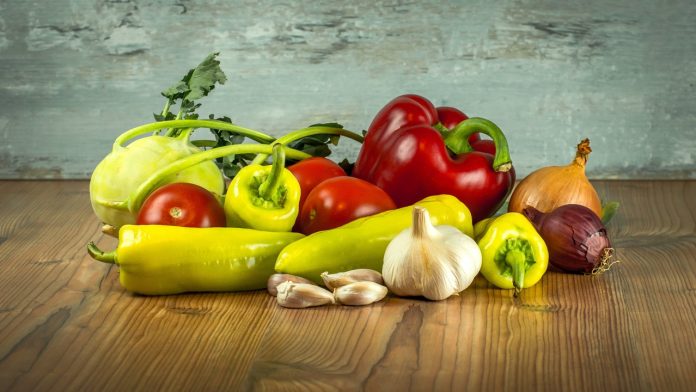
My question concerns the age-old battle between muscle mass and fat.
Background: I am 6 foot 6 inch, 255-pound ex-offensive football lineman. I’ve lost 40 pounds since my playing days, but still have some fat to burn (5 pounds). I continue to lift strenuously and admittedly need more aerobic exercise. Your Healthy Body Calculator® told me I need 5,300 calories a day, 177 grams fat, 663 grams carbohydrate, 265 grams protein. Basically, I wish to gain 5 to 10 pounds of lean mass and remove the spare tire.
Ten years ago I found that Philly cheese steaks are great for gaining weight, but they are currently not doing my ripped abdominal six-pack (insert sarcastic chuckle) any favors. In other words, the only way I ever found to gain muscle included gaining fat.
My basic question is this, “What should I eat to achieve my goals and approach the parameters of the suggested diet?” Please advise.
Congrats on the weight loss. Hopefully, most of what you lost was fat.
You are the type of guy I had in mind when I included body fat equations in my calculator. Do you know what percent body fat you are today? If so, include your body fat data when using the Healthy Body Calculator®. If you don’t know your body fat number, contact an exercise physiologist or a certified trainer for an assessment. These professionals are also the best resource to design or modify a training program for muscle gain.
There is no research available to predict what percent of weight gain is muscle and how much is fat without measuring your percent body fat now then again at 1 to 3-month intervals. Body fat percentage will change over time and can go up or down, but only by 1 or 2 percent over several months. You have to work to maintain muscle and if you don’t work out, your body loses muscle and deposits more fat if you continue to eat the same amount of food (calories).
There are many factors (exercise and eating habits as well as being male) that influence muscle gain rather than fat gain. You can measure the end result by knowing your body fat number and following an exercise/eating program to maintain your muscles to lose the body fat. By knowing your body fat percent, how you exercise and what you eat, you will learn with time how your body responds best. How did you arrive at a 5 to 10-pound muscle gain goal if you don’t know what percent body fat you are now? Or are you going for a change in visual results?
You could increase your muscle mass without changing your weight by burning off the same number of pounds of fat. The optimal way to gain muscle is by weight lifting and to lose fat is by aerobic exercise. So find an aerobic exercise you like to do and start today, but continue lifting. You’re lucky you’re a guy because testosterone supports increasing more muscle than fat. Women tend to store more fat because of progesterone and estrogen.
As to your eating habits, Philly cheese steak sandwiches are very high fat and you should rarely (once or twice a year) eat one if ever. As a linebacker, you needed weight including body fat to play your position while protecting your internal organs. Since you no longer play football, you should work to achieve a healthy weight and body fat to perform the work you do now.
Your food should follow the same healthy guidelines as non-athletes – less than 30% of calories from fat. Include more fruits, vegetables, whole grains as well as starches, milk and some meat. You chose 20% of your calories from protein to end up with 265 grams of protein which will not necessarily get you more muscle.
I would suggest you read about homocysteine, which is an amino acid that is highly associated with arteriosclerosis (hardening of the arteries). Guess where you get homocysteine? Homocysteine is a non-essential amino acid that is an intermediary product of metabolizing methionine, which is an essential amino acid. Guess where you get methionine? Meat. Homocysteine research is getting a lot of attention recently.
I have read research that showed a shorter lifespan (54 years) for retired football players and a higher incidence of fatal heart attacks. So I am glad to hear that you are still exercising, but you need some dietary guidance. Read up on homocysteine and make an appointment to see a dietitian to learn how to eat healthily and live longer.



